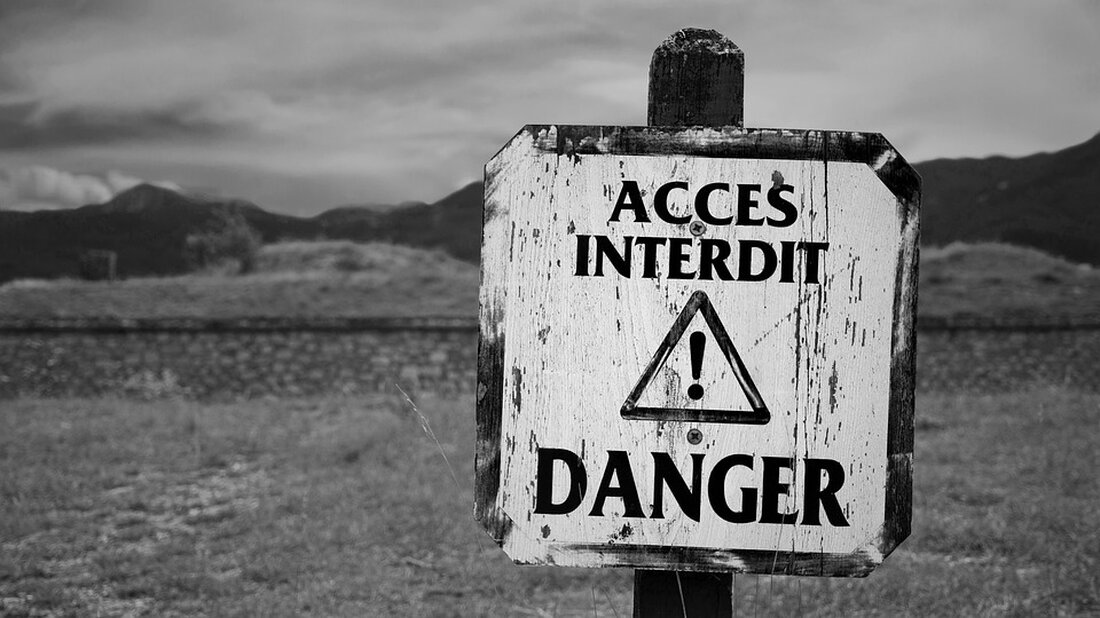Merz 'coalition struggle: Does the CDU threaten the alliance slam dass?

Merz 'coalition struggle: Does the CDU threaten the alliance slam dass?
The challenges of the CDU: Brandenburg and Saxony in focus
There are many turning points in the political landscape of Germany that can shape the course of entire reign. Friedrich Merz, a prominent politician from the Hochsauerland, is in the middle of this turbulent development in the new federal states. His party, the CDU, has recently won voices - a snapshot that is surrounded by significant challenges.
The elections in the eastern federal states, especially in Saxony and Thuringia, are not only important for the CDU, but also have far -reaching effects on future government work. Nevertheless, the result could be less a triumph than a potential for political chaos. In particular, the need to cooperate with the party of Sahra Wagenknecht could endanger the narrow line between political alliances and the credibility of the CDU. The situation in Thuringia is particularly explosive, where the CDU was placed behind the AfD in the elections and is therefore under enormous pressure to find new partners for government formation.
The result of this choice is crucial, not only for Merz, but also for the entire political stability of the CDU. The picture that emerges here is one full turbulence, with the probability of a minority government between the CDU, SPD and the left Wagenknecht group. Such a constellation could raise questions of the same name: How long can these parties work together without getting under pressure? If Merz could not get the critical debate about possible coalitions with the left under control, this could have massive consequences for his ambitions to become a candidate for chancellor.
Another obstacle is the reaction within the party to these developments. Merz sees himself in a position in which he has to overcome the growing split between the liberals and conservative wings of the CDU. An alliance with the Wagenknecht party could be seen as a betrayal of the traditional values of the CDU and thus make high waves. The fears that this coalition could endanger the fire wall for the AfD are a central topic that should not be ignored.
The political events in the new federal states are not only a challenge for Merz personally, but also raise fundamental questions about the character of the CDU. How flexible is the party in terms of its previous points of view? If Merz does not master this balancing act, his authority as a serious candidate for Chancellor could be seriously undermined. Such uncertainty poses the risk of loss of trust among the voters who are based on promised principles. The new alliance in Thuringia could therefore significantly influence not only Merz 'career, but also the future of the CDU.
The next steps of the CDU and the associated decisions will be of the highest explosiveness. Merz has to mobilize all resources to master this political mixture. It remains to be seen whether he and the CDU can ultimately exist, but it is certain that every step will shape the fate of the party and Merz 'ambitions in the coming weeks.
